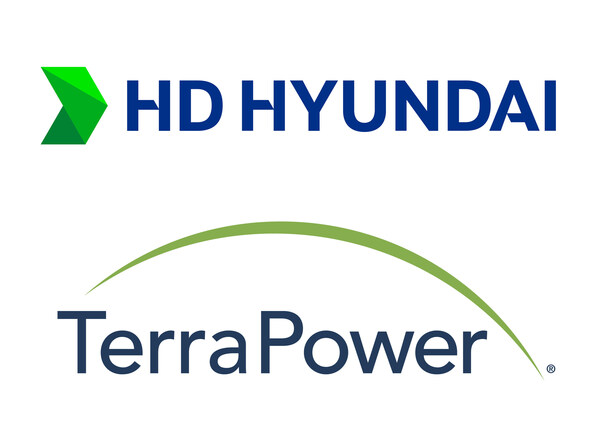 |
- TerraPower to complete a 4th-generation Sodium Fast Reactor(SFR) in Wyoming, USA, by 2030
- HD Hyundai to manufacture reactor vessels for SFRs, leveraging expertise from participation in the ITER project
- SFR, a type of SMR known for its enhanced safety and reduced nuclear waste issues, gaining significant spotlight
- "We aim to lead the SMR sector as a next-generation, carbon-free power source with proven safety"
The reactor vessel in this project will be integrated into TerraPower's Natrium, a 345 MW 4th-generation Sodium Fast Reactor (SFR), which is planned for installation in Kemmerer, Wyoming, USA.
The SFR, being jointly developed by HD Hyundai and TerraPower, is a type of SMR. The reactor vessel is a critical component of the SFR, containing the reactor core where nuclear fission occurs and ensuring the safe operation of the high-temperature, low-pressure coolant.
To successfully execute this project, HD Hyundai Heavy Industries, a shipbuilding affiliate of HD Hyundai, plans to actively leverage its accumulated expertise. This expertise comes from its participation in the development and production of key equipment, including vacuum vessels, for the International Thermonuclear Experimental Reactor (ITER) and Korean Superconducting Tokamak Advanced Research (KSTAR).
The SFR generates electricity by using high-speed neutrons for nuclear fission and cooling the resulting heat with liquid sodium instead of water. Among SMRs, it is noted for its high safety and advanced technology, with nuclear waste volumes only one-twentieth of conventional reactors, making it the most promising next-generation SMR.
The Natrium project aims for completion by 2030 after obtaining construction and operational permits from the U.S. Nuclear Regulatory Commission (NRC).
Globally, interest and demand for nuclear power, a carbon-free energy source, are growing to achieve carbon neutrality and enhance energy security. As the limitations of large-scale nuclear plants, such as safety concerns and public acceptance, become more evident, the global nuclear market is expected to shift toward SMR-centric.
According to SMR market report by global research firm MarketsandMarkets, the global SMR market is projected to grow from $5.7 billion in 2022 to $6.8 billion by 2030, with an average annual growth rate of 2.3%.
"SMR has significant growth potential in the global decarbonization trend," said an official of HD Hyundai. "Leveraging the expertise and capabilities built through projects such as ITER and KSTAR, we aim to lead the SMR sector, emerging as a next-generation power source."
Meanwhile, in March, HD Hyundai has played a leading role in co-founding the world's first international private organization in the field of offshore nuclear power, the Nuclear Energy Marine Organization (NEMO). Since February, the company has also been conducting joint research on SMRs with leading global nuclear power companies.


